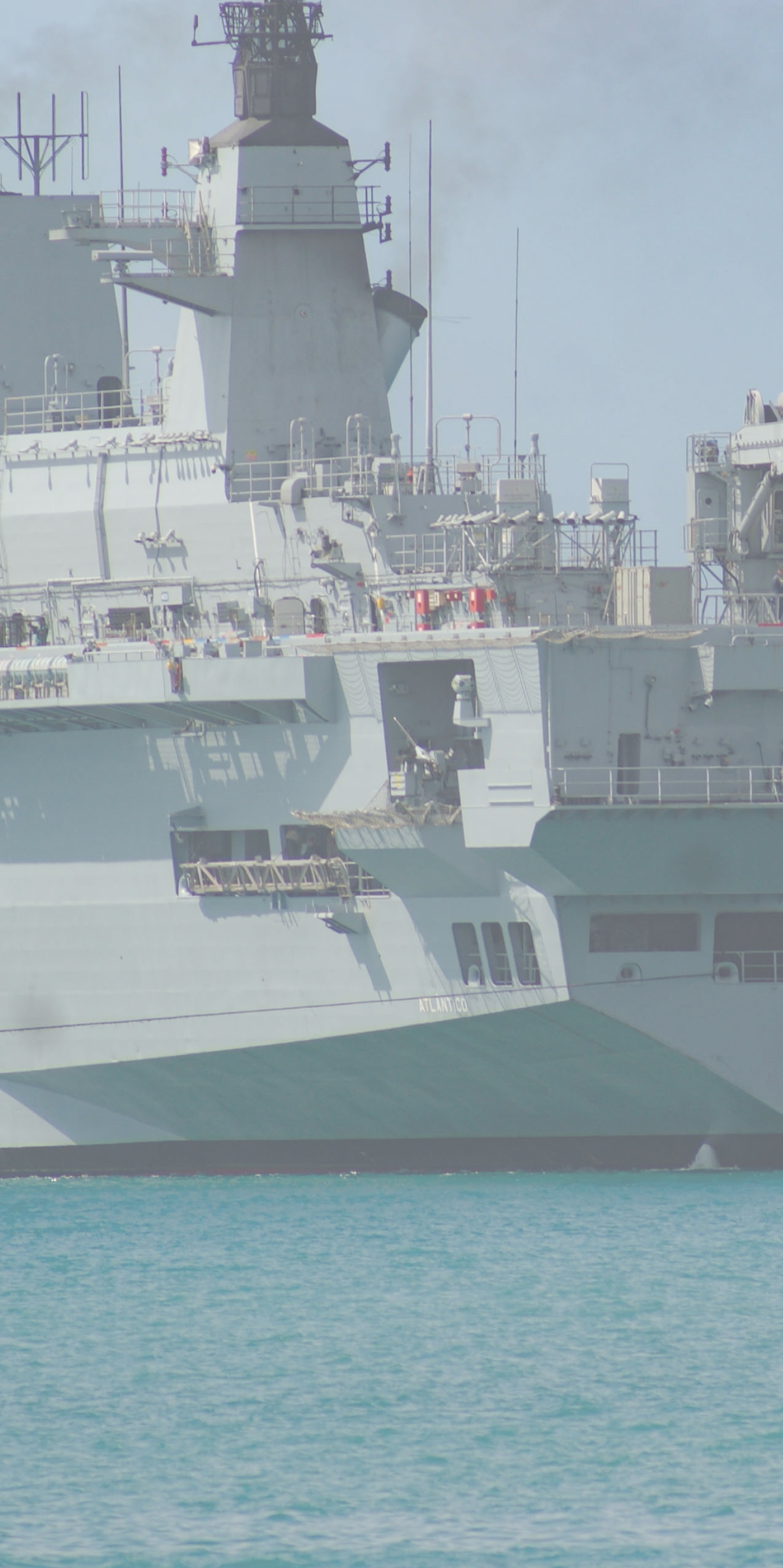The updated Defence Command Paper 2023 outlines the opportunity for sustained growth within the UK Defence Maritime sector, created both by the AUKUS programme and the revised National Shipbuilding Strategy.
The Government’s challenge to the sector is for it to become more globally competitive – both in terms of price and delivery performance. How do you win and retain a share of build pipelines? What innovative technologies are needed? What cultures, behaviours and decision making will win? How do you deliver projects to time and cost?
Newton has been a leading partner to the sector with involvement in every major MOD maritime build over the last 15 years. In this series of briefing papers, we focus on seven critical focus areas, applicable across maritime and the wider defence enterprise.
THE SEVEN KEY PILLARS

There is a tendency in the UK maritime sector to think that once you have chosen an operating model and set it in place, it is then simply a case of the delivery teams delivering against the model. The reality is frequently more complex. In fact, we are often asked to help a client address deteriorating performance, culture and team behaviours when the root cause is actually an operating model that is no longer fit for purpose or had never been fully defined or deployed.


The maritime sector is just as vulnerable to the deficit of leadership skills that are needed in today’s world as other sectors. It expects a huge amount from its leaders – vision, purpose, technical expertise, attention to detail, and digital literacy. It also faces its own unique challenges. Large, hugely complex design and build programmes spanning decades mean that the need to alter course during a programme to improve performance is inevitable.


We all know the importance of an integrated and collaborative enterprise that is aligned behind a common goal. But when the heat is on in a large maritime build and the schedule is starting to slip, it is easy to think of collaboration as a nice-to-have. So how can the sector create an environment in which people are driving a ‘best for enterprise’ approach? At Newton, we strongly believe it starts with vision and purpose – making sure everyone is aligned behind the end goal.


We know the huge challenges that leaders face in making informed decisions about future outcomes. Typically, these leaders spend most of their time managing day-to-day performance in highly complex environments with multiple constraints and inputs. We have found that advanced modelling can prove a powerful way for maritime organisations to address these challenges, enabling leaders to make informed, accurate decisions that optimise outcomes at every stage in a programme’s lifecycle.


Given the huge complexity of large maritime build projects, many factors have a role to play in reducing costs over the life of a programme, including but not limited to, better planning, improved collaboration and inspiring and performance-driven leaders. But two areas that we feel have received insufficient attention to date are design strategy and design efficiency, both of which are linked and critical to meeting the customer requirement on time and to cost.


The revised NSBS explicitly seeks to address productivity issues, setting the ambitious targets of civil shipyards in the UK being as productive as those in Northern Europe by 2030, and naval shipyards being in the top quartile globally by the same point. So how does the sector overcome these challenges? How can we start doing more jobs per person and sustain this improved productivity? We believe that maximising the use of your skilled workers is key to the solution.


Contractors are increasingly aware of the key role that complex multinational supply chains play in build programmes and the risks that they pose to schedule and costs. So how do you mitigate supply chain risks, protect schedule and costs, and also strengthen the sector’s ability to grow its export market sustainably? The answer lies in understanding what is happening in your supply chain – knowing where the main bottlenecks and risks are and what is really driving costs.







